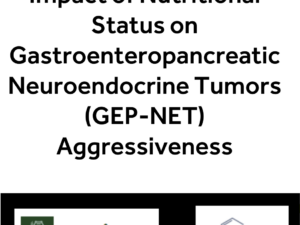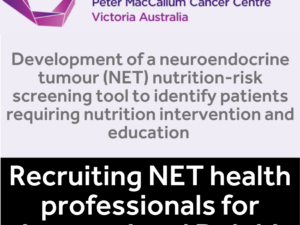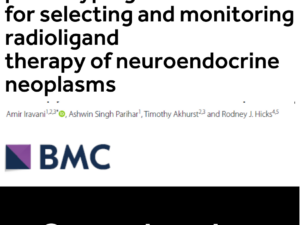Over the last few weeks there has been significant internet and media interest about an "oncolytic virus" that may have the potential to interfere with neuroendocrine cell behaviour and growth (and hopefully cause tumour cell death).
The phenomenal exposure to this little viral project sitting dormant in a freezer in a laboratory in Uppsala, Sweden has been facilitated and organised primarily by an English author Alexander Masters (Stuart: A Life Backwards). Alexander is championing interest in NETs on behalf of his editor Dido Davies who is suffering from the disease. Alexander's research led him to Prof Essand who works in Uppsala University Hospital campus (the same campus at which Prof Kjell Oberg and his NET Centre of Excellence operates). It was here that he found this oncolytic virus research project that had been 'shelved' due to lack of funding.
Following his articles in the Telegraph, there followed another article about Dominic Nutt, a young man who has worked in aid agencies around the world but has just been diagnosed with a NET. This moving and accurate story which many of our patients can relate to was syndicated and republished in the Sydney Morning Herald.
The Unicorn Foundation supports the passion and fervour that this 'viral' campaign has inspired, we also welcome the awareness that it has generated surrounding neuroendocrine tumours. We support research into neuroendocrine tumours and wish the 'team' in Uppsala the best fortune in this endeavour.
For more information on this project go to the iCancer site.











